by John Keil
A client once asked me if there are any benefits to using automatic watch winders.
There are two viewpoints on watch winders.
1. Keeping your automatic watch on a winder, wound and running, will keep the oils within the movement dispersed properly, which is good for the longevity of your timepiece’s movement. The idea behind it is not dissimilar to the reason why you would not want to keep your car sitting in a garage for months (or years) without running it.
2. A watch winder is not necessary, however it is a nice convenience as it allows you to grab your watch after a few days of not wearing it and be able to put it on without having to manually wind and re-set it. However, keeping it running all the time will certainly advance wear and tear on the parts faster than not using a winder.
My personal opinion on this is somewhere in the middle.
I definitely agree that a watch should be wound and run periodically if it’s not a daily wearer.
A mechanical movement contains oils that reduce friction. If a watch sits for an extended period of time, the oils will settle and quite possibly coagulate.
Keeping your automatic watch on a winder will keep the watch running and prevent the oils from settling.
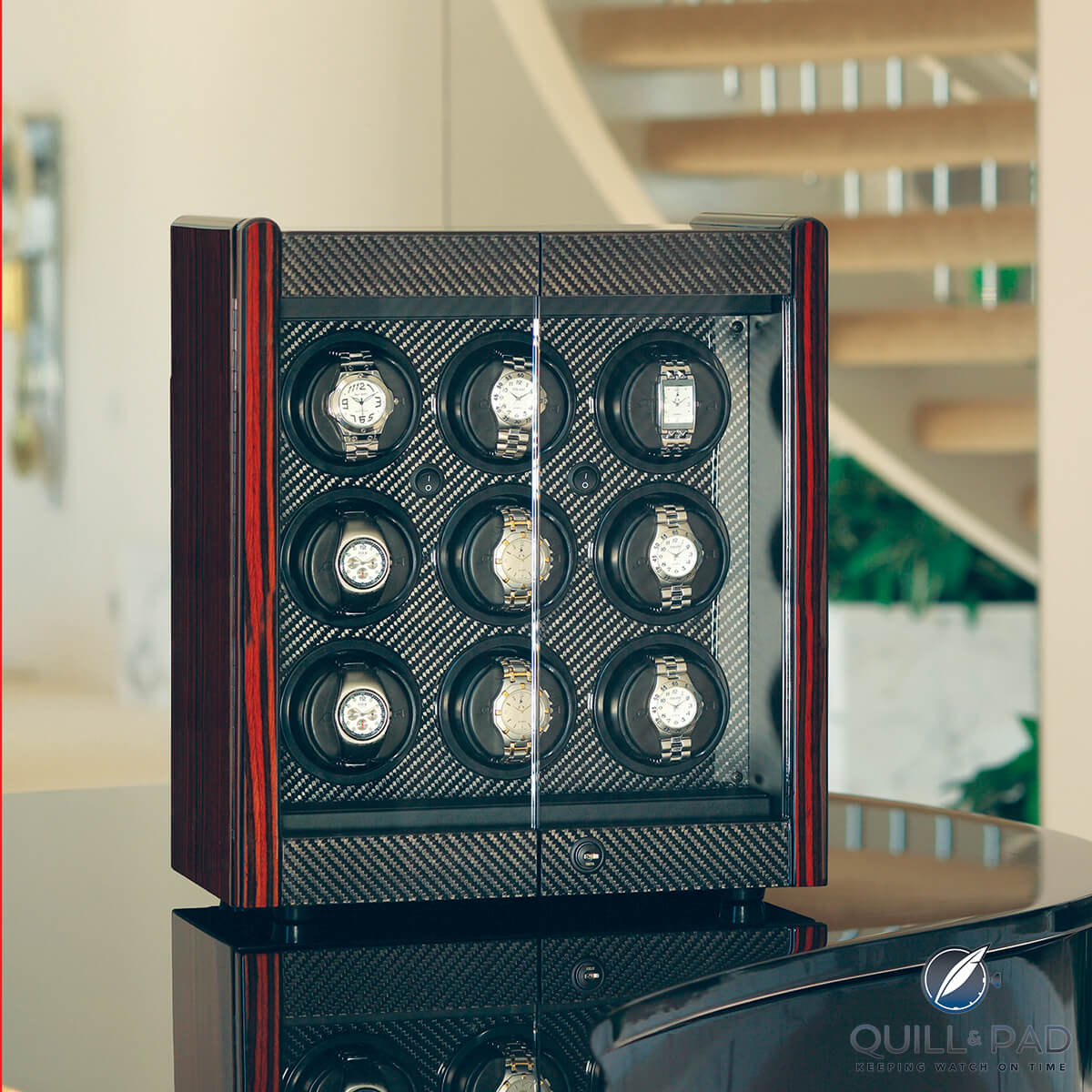
This Orbita Avanti 9 can wind nine watches simultaneously
On the other hand, a winder is more for convenience than anything else. I have owned many winders in the past and have ended up giving them all away over time.
I find great pleasure in getting my watches out of the safe, sitting on the couch, and winding and setting them. Every piece in my collection has a story, whether it was a gift from someone special or a purchase I made. Each time I go through the routine of winding and setting a specific watch it brings me back to the reason I have it, and my connection with the watch grows.
If you go through this “spiritual winding and setting routine” for all your watches like I do, a winder is not only unnecessary, but actually takes some enjoyment away from the collection.
If you would prefer not to manually wind and set your watches each time you pick one up, I would recommend a winder. Some great companies making excellent winders (in no special order and at various price points) are Sattler, Buben & Zorweg, Orbita, and Wolf.
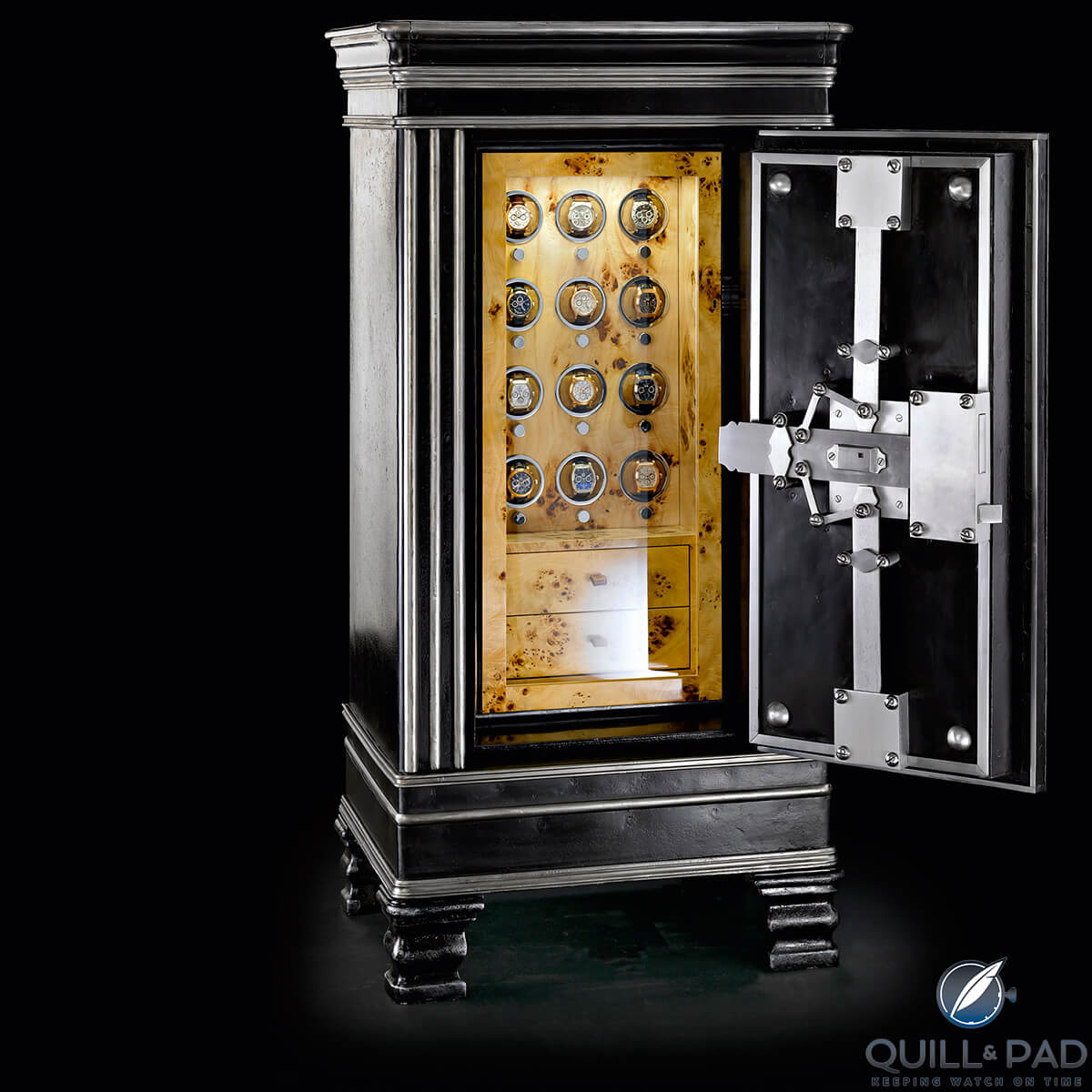
Döttling (unfortunately now defunct) creatively added watch winders to unique safes, like this example in the Legends line
Winders can even be integrated into existing furniture or themselves be very nice pieces of décor as demonstrated by Döttling, a company that made unique and customized safes.
The one time that I would definitely want to use a winder is if a watch is extremely complicated to set. If you have ever had to set a perpetual calendar or astrological timepiece, you would know what I mean. It has on occasion literally taken me hours to set an Ulysse Nardin Moonstruck, a watch I absolutely love.
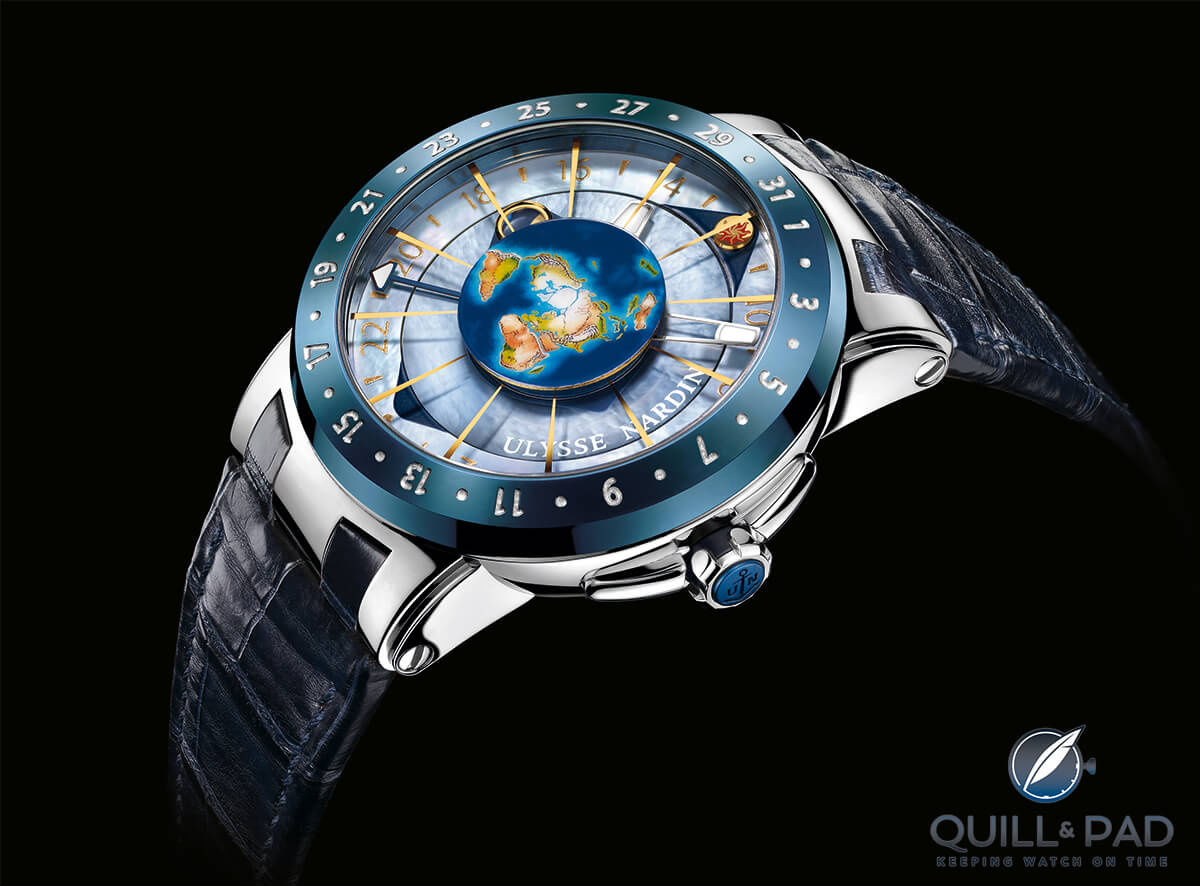
Moonstruck by Ulysse Nardin
As a parting thought: Chuck Agnoff, founder of Orbita, established his company – one of the most well-known watch winder firms on the market today – because he felt it was inconvenient for him to have to wind and set the Rolex Presidential he had received from his wife as a retirement gift. Talk about a great second career!
*This article was first published on February 7, 2017 at Are Watch Winders Good For Anything?
You may also enjoy:
Fast vs. Slow, Hertz vs. VPH: Your Watch’s Frequency Explained
Understanding Ceramics: Now Used For Watch Cases, Bezels, And Much More
Deeper, Further, Faster: Why Do Some Dive Watches Have Helium Escape Valves?
Leave a Reply
Want to join the discussion?Feel free to contribute!








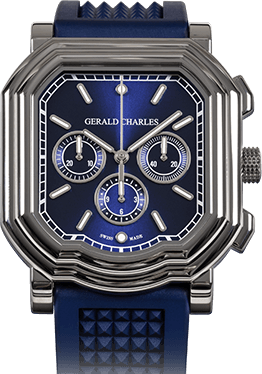
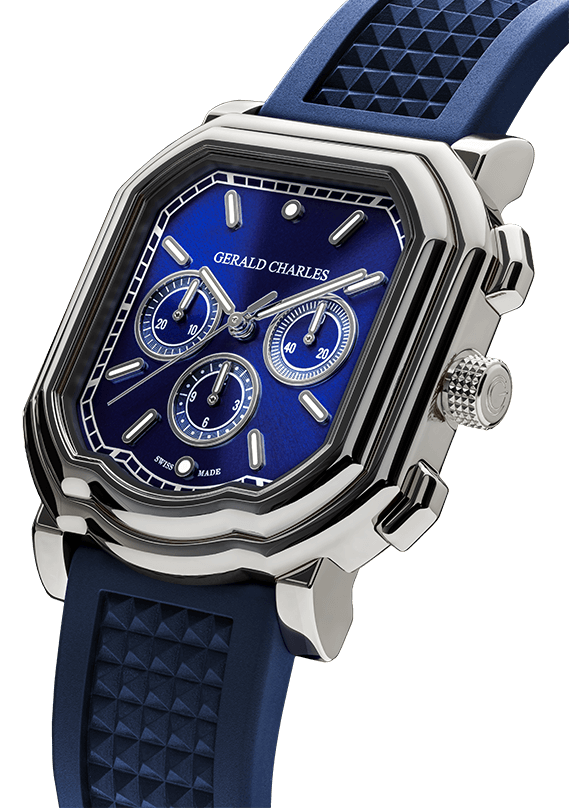

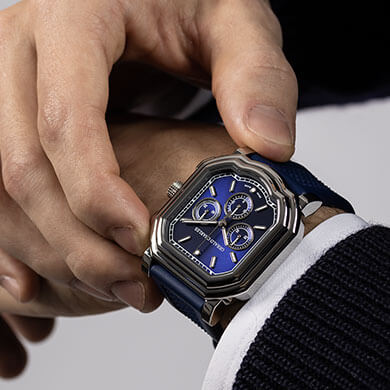
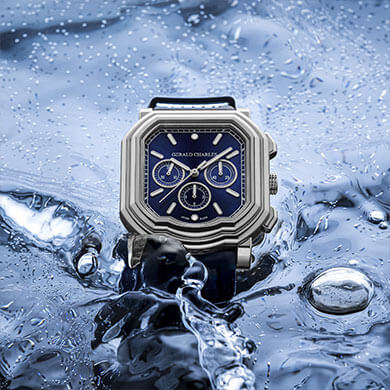

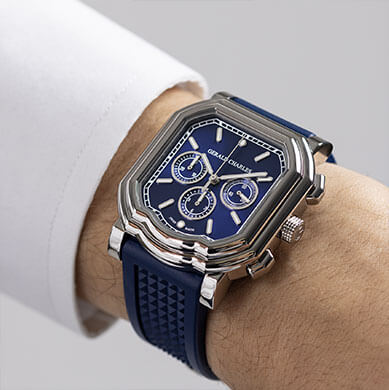



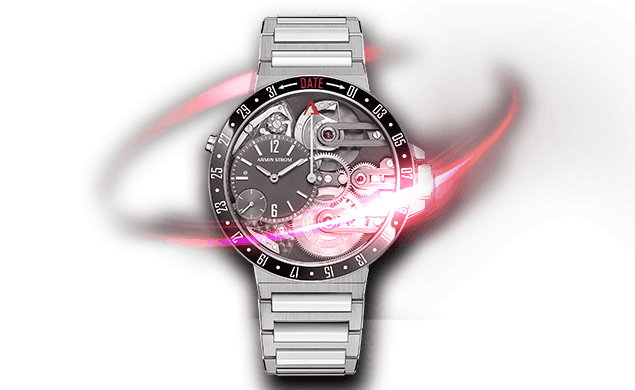
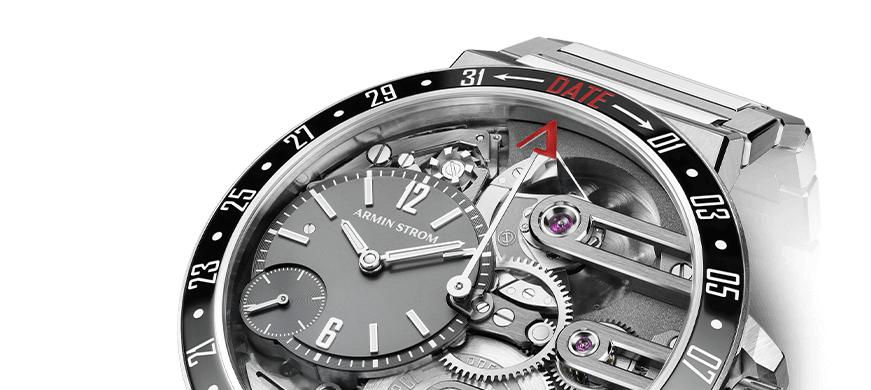
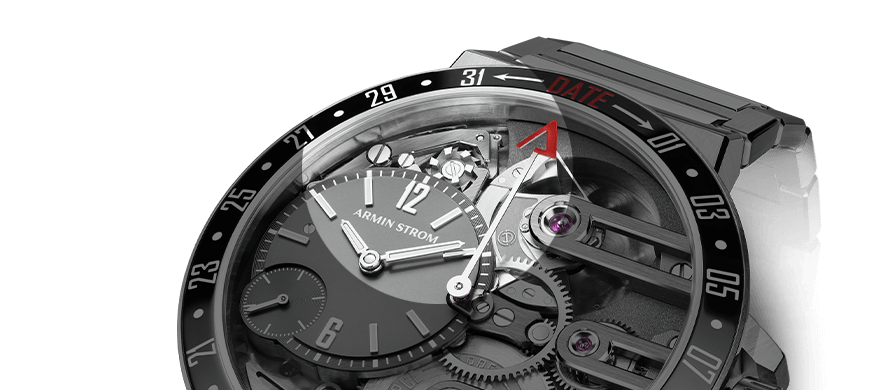


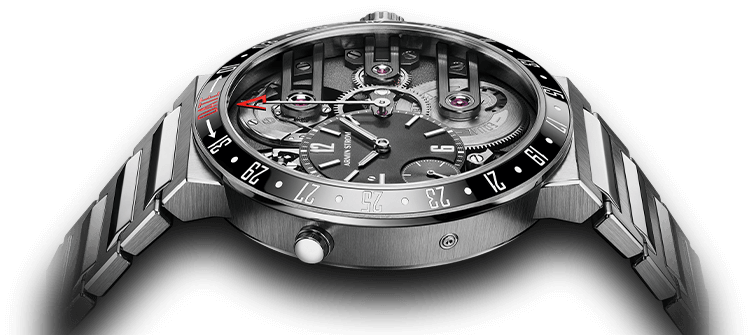
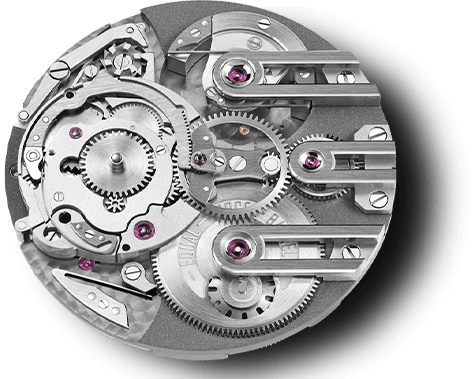

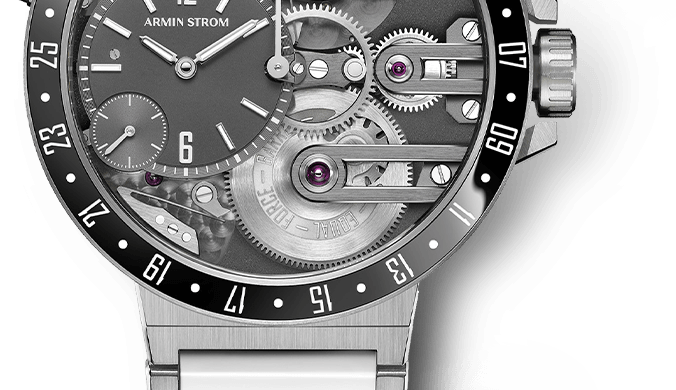
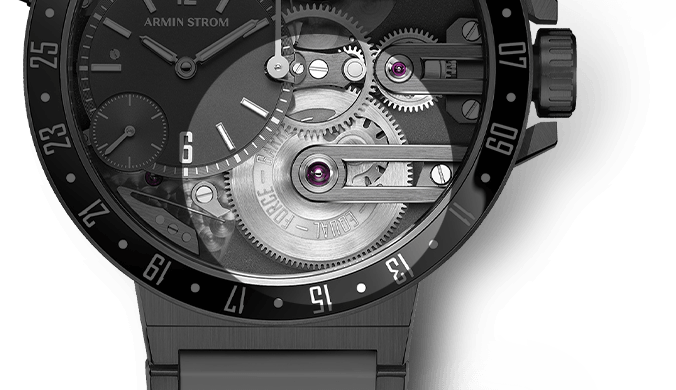


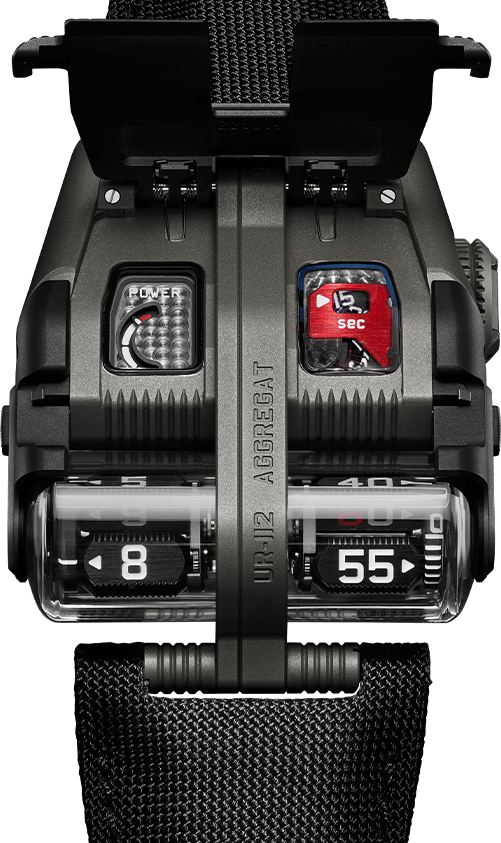

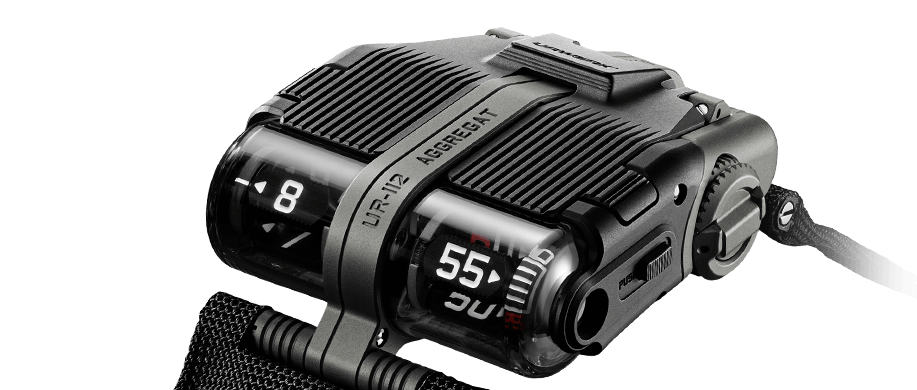
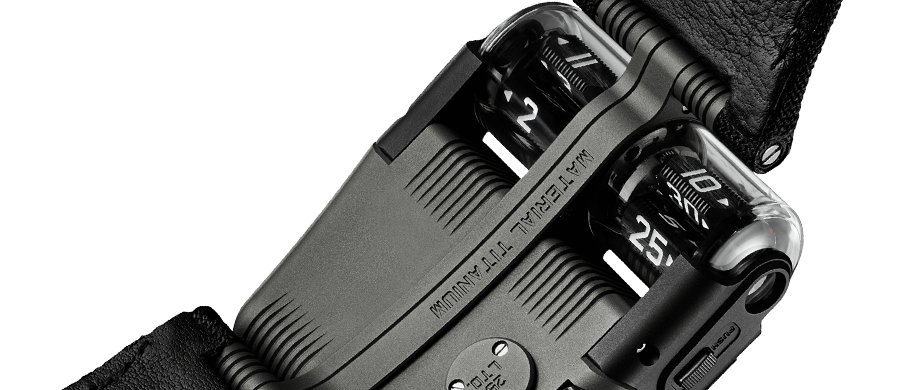
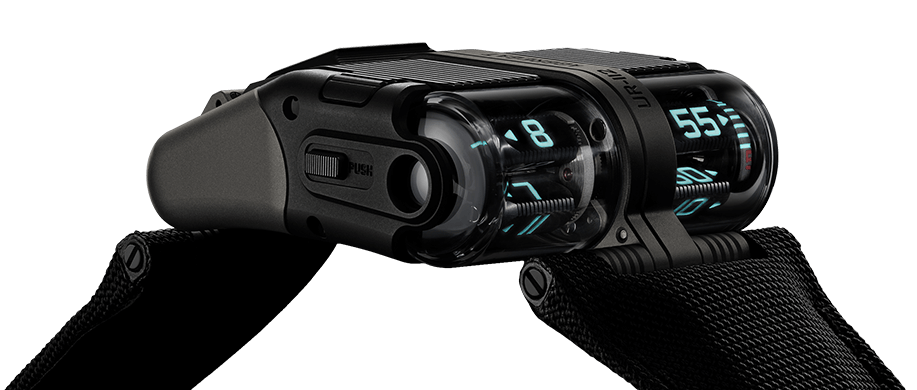


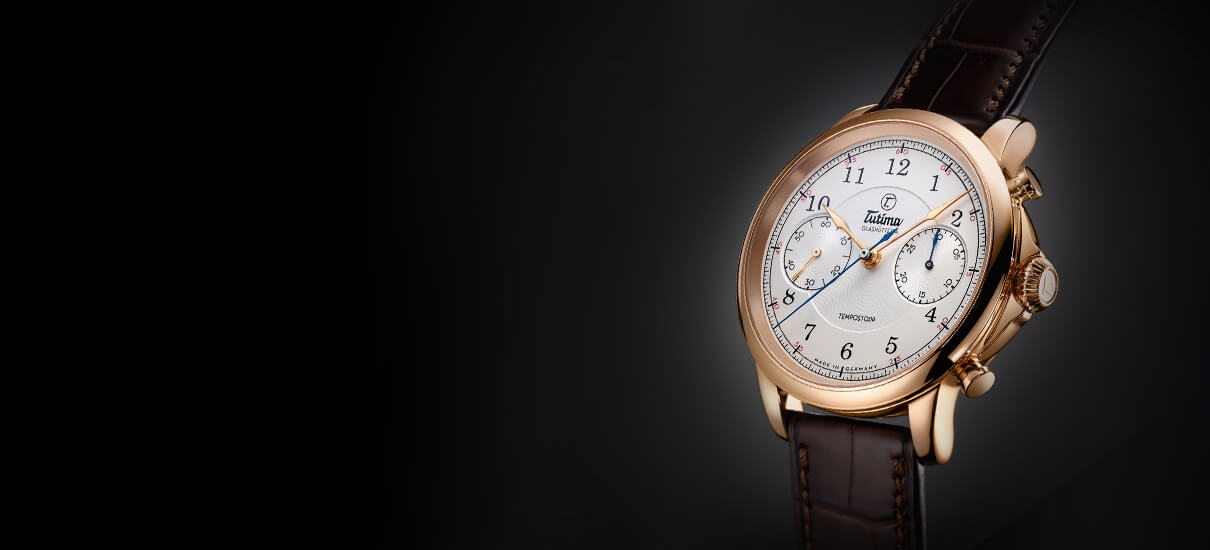

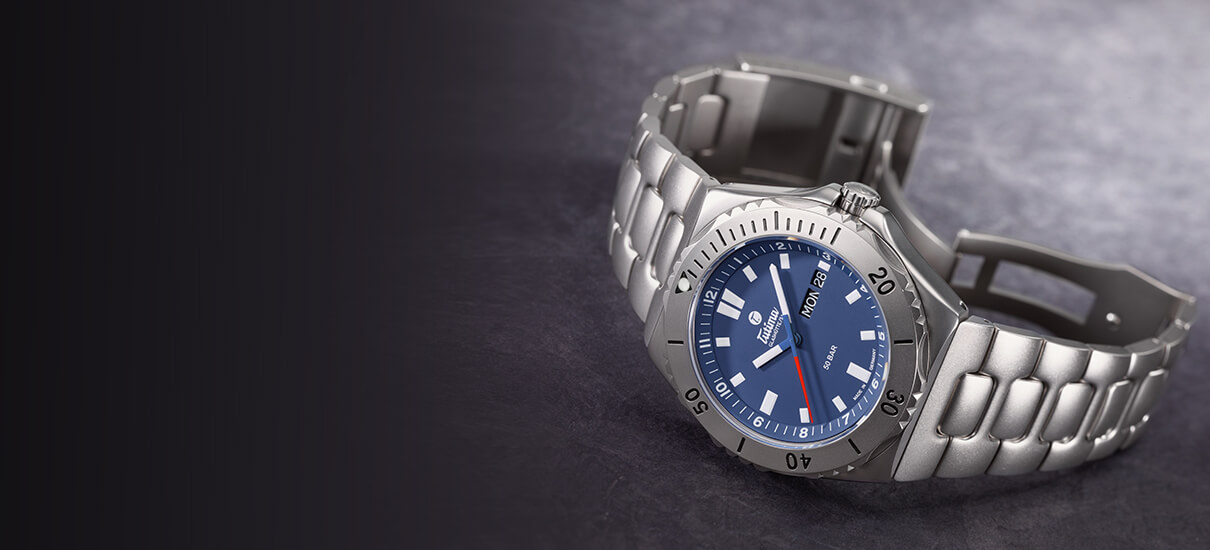

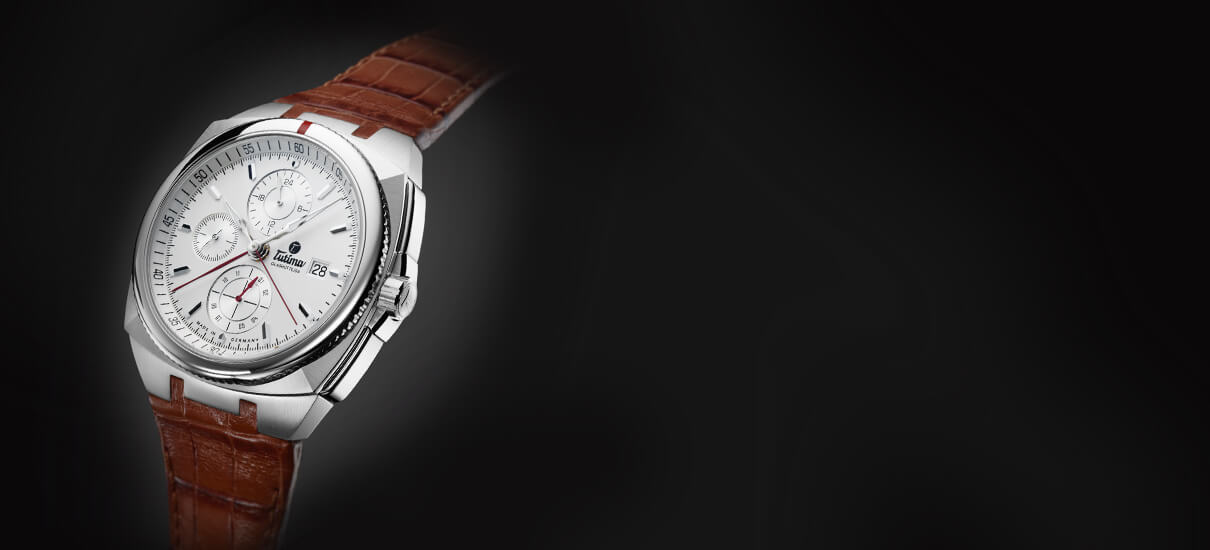

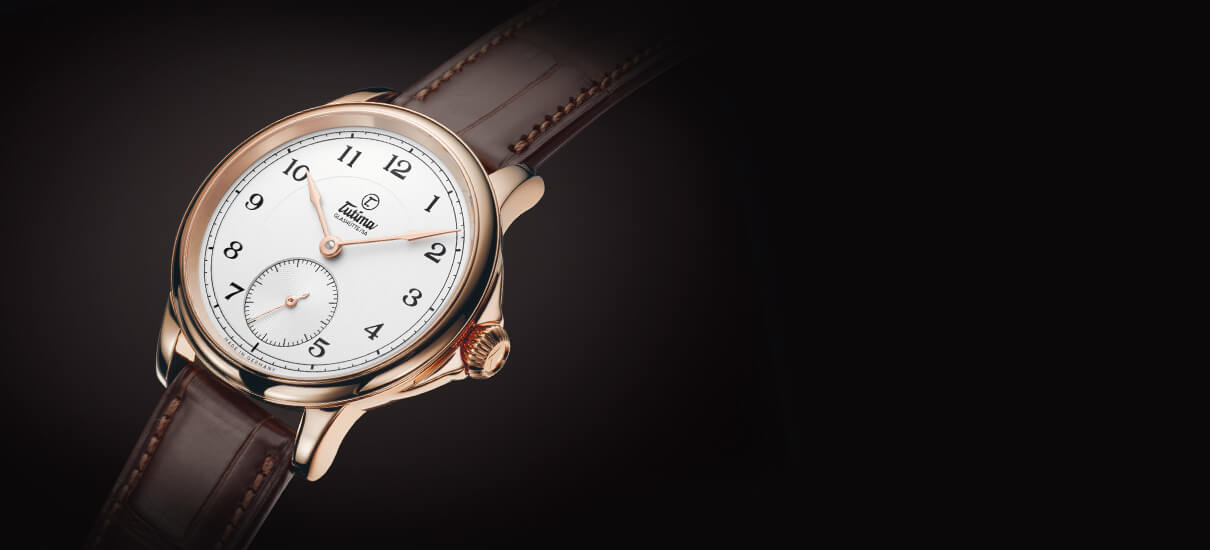

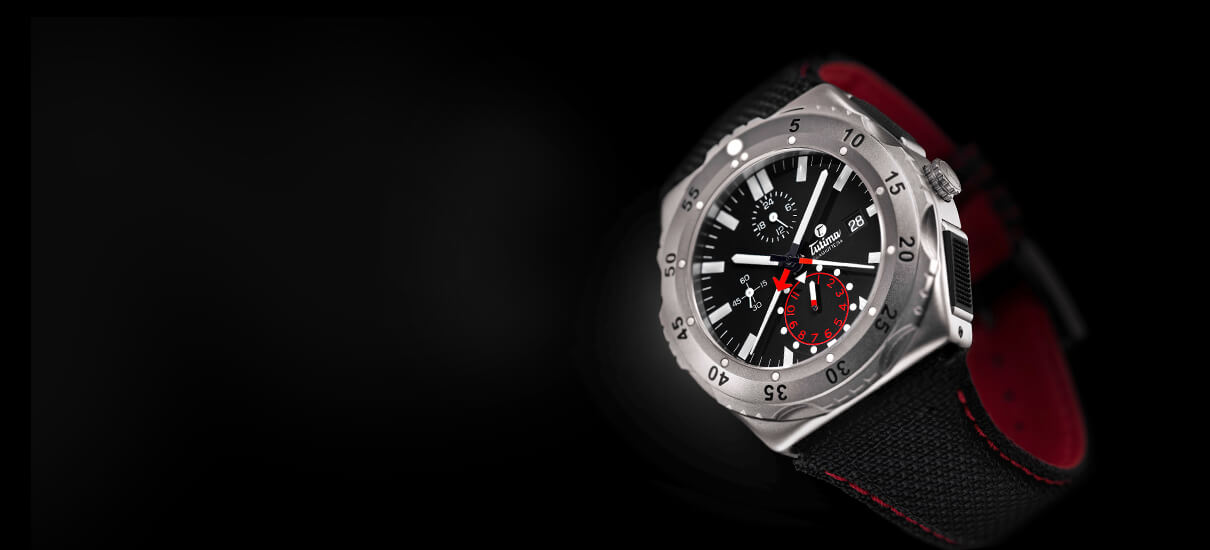

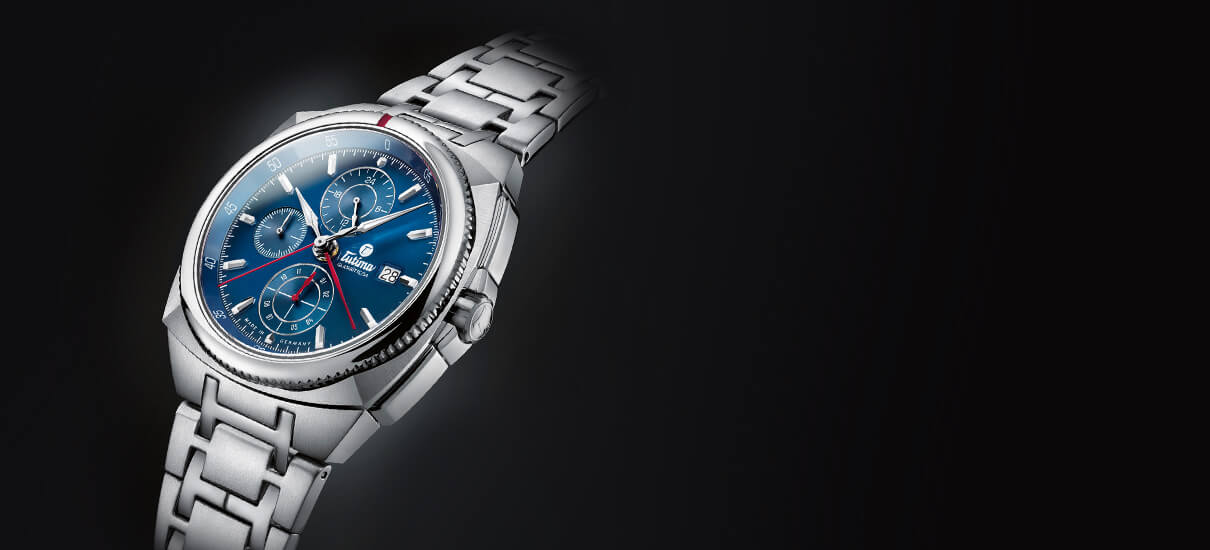

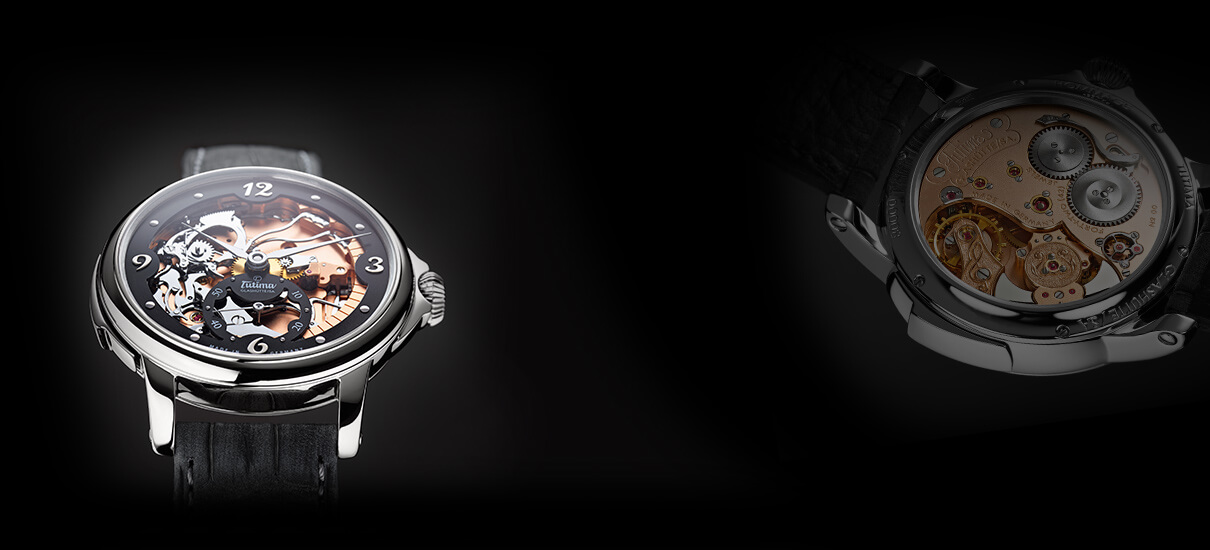



The issue here is the wear and contamination in the watch is primarily shavings in the keyless works and gunk in the mainspring barrel. A winder helps with the former as you are not constantly setting your watches, and the latter is pretty much self contained and rarely significantly affects operation.
I mean, a decent escapement and the train gears last a long tine, winding gears not so much. When was the last time you replaced a pallet fork? Ok, now how about a stem?